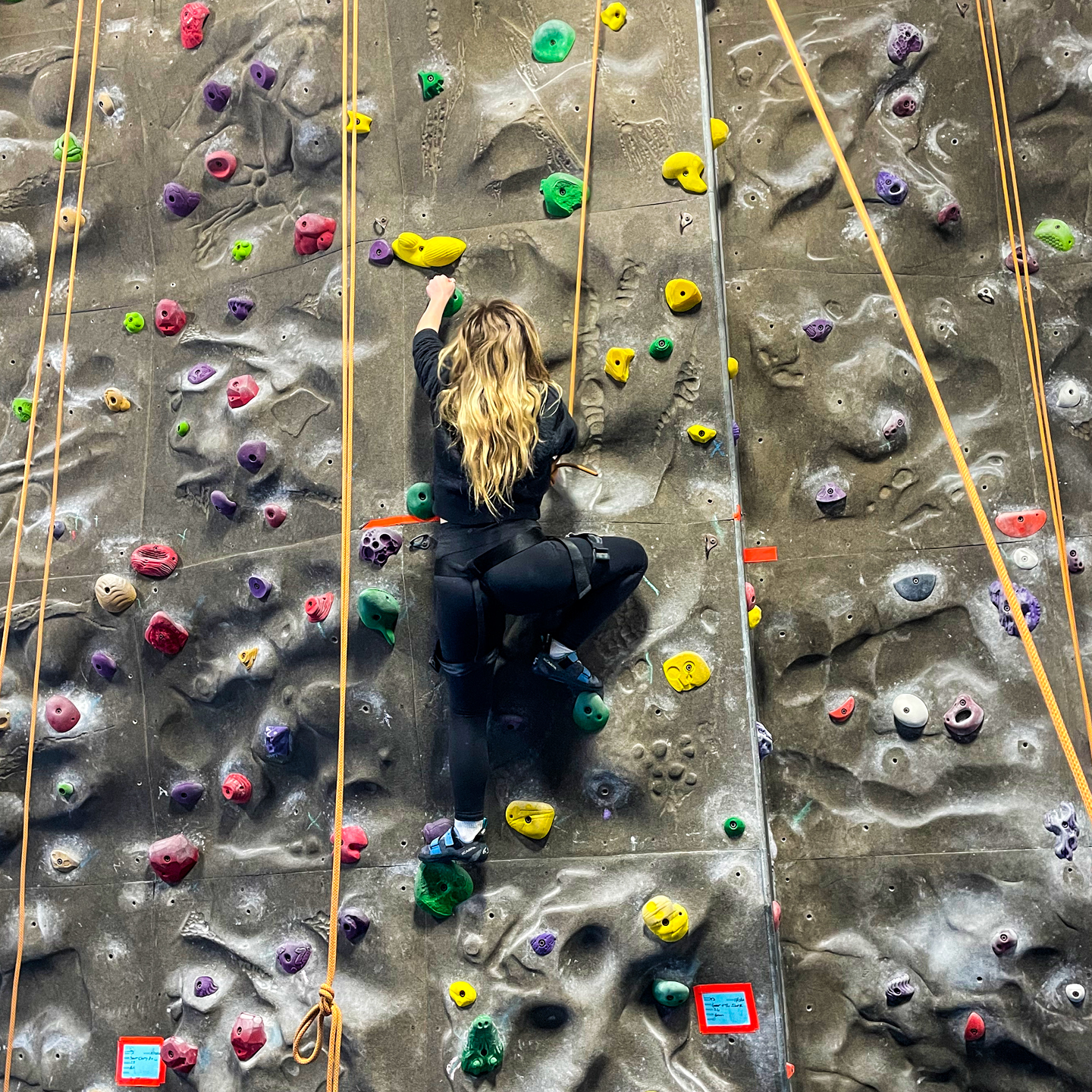She’s been isolating. Withdrawn from her normal activities and not communicating like she used to. Is she depressed? Anxious? Or something worse? While women struggle with substance abuse at roughly the same rate as men, it’s young women who are most susceptible. Would you know if your loved one was experiencing addiction problems? Keep reading to find out the signs of addiction in young women and the best ways to help.
Recognizing the Signs
Changes in Social Circles: Withdrawing from friends and family is often an early indication of substance use problems in young women. As their use increases, they may spend more time with those who also use and less time with those that don’t.
Neglecting Responsibilities: Have you noticed a loss of interest in activities once enjoyed, a decline in academic performance, or disregarding work and relationships?
Physical Symptoms: Young women may experience unexplainable weight loss (or gain depending on the substance), changes in physical complexion like skin and teeth, sunken eyes, and other symptoms of drug use.
Changes in Emotional Health: A tell-tale sign of substance abuse is frequent and severe mood swings. Anxiety, depression, apathy, and paranoia can all indicate drug use in young women. Especially when these changes cycle rapidly. Paranoia can develop into psychosis.
Secretive Behavior: Becoming overly secretive about what they are doing and who they are doing it with is indicative of substance abuse. Those battling with addiction become secretive and may get defensive when questioned about their actions or where they are going.
Financial Difficulties: Unexplainable financial issues can point to addiction. If you notice your loved one selling personal items, asking to borrow money frequently, or being broke all the time despite previously not having these same troubles - this may be a sign.
Legal Problems: Drugs are illegal in most states and someone who is caught up in addiction exposes themselves to the risks of legal trouble daily. DUI’s, possession charges, and more serious felony crimes come with the territory.
How to Get Help
Recognize the Problem: The first step in recovery is acknowledging the problem. Once the problem has been recognized, you can begin to create a plan to solve it.
Seek Professional Help: Talk with your healthcare provider, clinician, or treatment center. Talking with a medical professional can provide guidance on next steps, resources, and answer any questions.
Support Systems: Recovery occurs in a community. Talking with family and friends about what is going on, what the plan is, and asking for help and support is crucial to long-term recovery.
Rehabilitation Programs: Gender-specific treatment programs can provide the structure and clinical approaches necessary to address addiction. They also can provide medical detox services should they be necessary. Treatment programs that are tailored to young women are best as they limit distractions and cater to their unique needs.
Therapy and Counseling: Part of treatment should be individual counseling, group therapy, and behavioral therapy aimed at addressing the emotional and psychological issues of addiction that young women face.
Medication-Assisted Treatment: Where appropriate, medication for limiting cravings and reducing relapse may be used. These medicines should always be prescribed by a doctor.
Holistic Approaches: A comprehensive treatment plan will utilize holistic approaches such as yoga, mindfulness techniques, nutrition. There is more than one way to treat addiction in young women and all modalities should be on the table.
Relapse Prevention/Aftercare: Learning the signs of potential relapse and how to deal with them are important to learn before leaving treatment. As part of relapse prevention, an aftercare plan should be put together that will provide an ongoing layer of support and accountability after discharge.
While addiction isn’t something we want to see any of our loved ones going though, it’s important to be able to recognize the signs and symptoms. Over 34 million women in this country struggle with behavioral health and substance abuse. If we don’t know what to look for, we can’t help.
If you know a young woman battling addiction, call Momentum Recovery today. Momentum offers gender-specific treatment for young women. Be better. Be happier. Belong.

